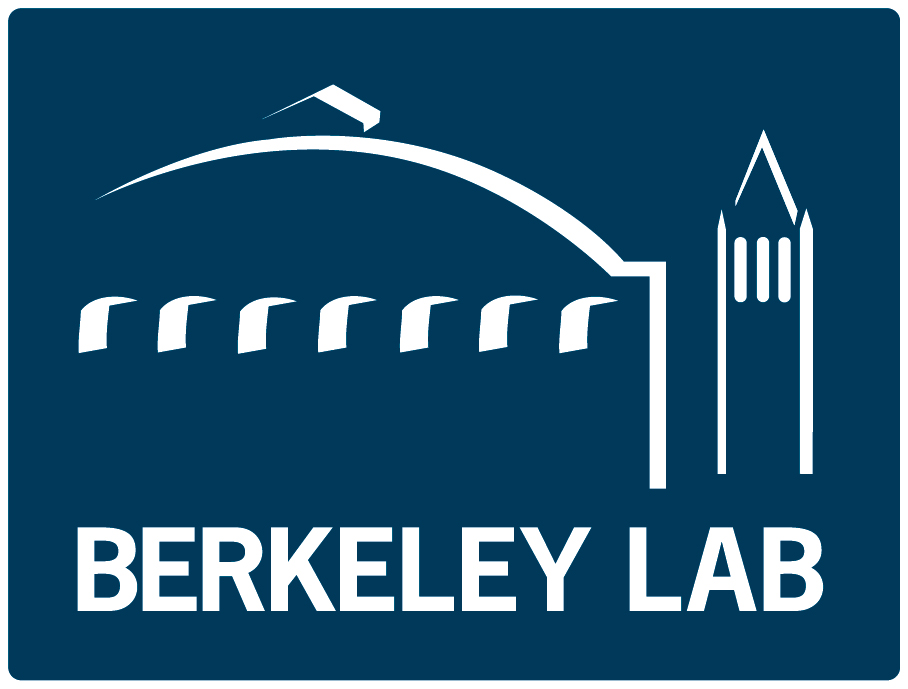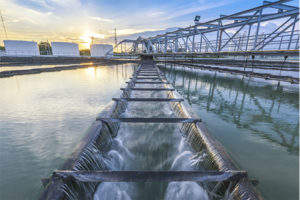APPLICATIONS OF TECHNOLOGY:
- Treatment of moderate to high temperature fluids (40°C to 99°C) generated during oil production and energy generation
- Treatment of sulfate-containing saline solutions
BENEFITS:
- Particularly applicable to high temperatures, low oxygen waters found in many industrial processes
- Reduces material costs for scale control chemicals
BACKGROUND:
- Mineral scale formation is a significant operational problem for most industries that operate water management facilities. The most difficult to control mineral scales are sulfate-containing minerals, which include calcium sulfate (gypsum). The formation of sulfate scale is a major contributor to operational costs for water treatment, reuse, or disposal in various contexts. Additionally, mineral scale formation is an important limiting factor in oilfield production and water management facilities.
TECHNOLOGY OVERVIEW:
Researchers at Berkeley Lab have developed a method for the selective removal of sulfate from water to prevent the formation of gypsum and other mineral scales.
Aqueous fluids containing sulfate are treated with a reactive reducing surface, resulting in the transformation of sulfate into a more reduced form. Removal of the sulfate via this reactive surface enables the prevention of subsequent mineral scale formation. Variations on this concept include the regeneration of reactive surfaces and the combination of reactive surfaces with biological processes for sulfur and iron transformation.
For the reductive removal of sulfate, this invention provides several advantages over the competing technology of ion-exchange, such as a higher upper temperature limit as well as lower material / reagent costs.
DEVELOPMENT STAGE: Proven principle
FOR MORE INFORMATION:
https://newscenter.lbl.gov/2020/11/24/new-framework-for-clean-water/
PRINCIPAL INVESTIGATORS:
STATUS: Patent pending.
OPPORTUNITIES: Available for licensing or collaborative research.

